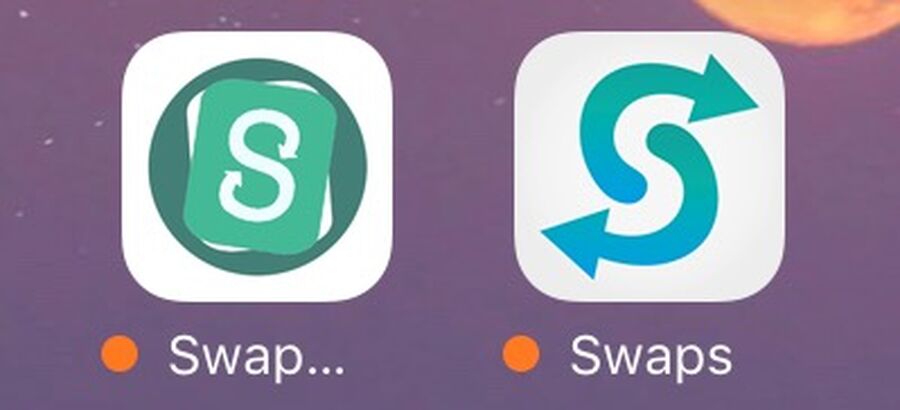
Meme-ory Lane: Loss.jpg
In her new column about memes, Violet’s Aryehi Bhushan explores the enduring relevance of the infamous Loss.jpg meme
In the interest of starting my first article for Violet with a clean conscience, I have a confession to make: I spend a lot of time on the internet. And not in the ‘mostly-relatable-statement-meant-to-be-endearing’ sense, but rather the ‘oh god it’s 3am and I have school tomorrow why have I been doing nothing but watching compilations of Gordon Ramsay being nice to kids for the past four hours’ sense. Like some jaded veteran, I recall with perfect clarity the Mishapocalypse of 2013 (if you don’t know what that is, I cannot emphasise how much I envy you), the rise and fall of Vine, and of course the appearance, promulgation and death of hundreds upon hundreds of memes. The vast unknown of the internet landscape provides a fertile birthing ground for fresh memes, but can almost instantly turn cold and inhospitable to those same memes once their relevance is over with. (Am I empathising with memes? Maybe a little bit. In my defence though, ever since The Emoji Movie I know it’s only a matter of time before ‘The Meme Picture’ or some similarly titled film shows up, at which point my empathy will finally make a little sense.) Nevertheless, in the context of an internet culture in which the most hopeful lifespan for a meme is maybe a month, one meme has risen above all other like the Empire State Building above the New York skyline, magically retaining its relevance for almost a decade. I am talking, of course, about loss.jpg.
“That was a bit anticlimactic,” you may be thinking. Or, “Deliver me from the pain of having to read another pseudo-think piece on loss.jpg”. Or maybe even “But what exactly is loss.jpg?” In response to the first two scenarios, I can only offer my sincerest apologies. But to address the last, while hoping that I don’t sound like a KnowYourMeme rip-off, I’ll try and provide a brief summary of the origins of the internet’s largest meme juggernaut. Loss.jpg refers to a 4-panel comic strip called “Loss”, which was produced in 2008 by Tim Buckley and was a part of his ongoing series Ctrl + Alt + Del. Ctrl + Alt + Del had started off as a light-hearted and humorous look at the daily life of Ethan (a gamer) and his friends, but around the time that “Loss” was released, the series had started to become darker and more serious as characters grew up and faced responsibilities. “Loss” represented the peak of Ctrl + Alt + Del’s serious tone, with Ethan learning that his wife, Lilah, has suffered a miscarriage and rushes to the hospital to see her.
"But loss.jpg’s enduring relevance, and its towering legend, stem from the fact that it evolved"
From this description alone, the idea of “Loss” becoming a meme seems outlandish at best and downright offensive at worst. After looking at the comic itself, though, its appeal becomes more apparent. Though Tim Buckley’s subject matter had moved from the comic to the tragic, the format of his comics remained firmly a four-panel strip mostly used newspaper cartoonists. Furthermore, the “Loss” comic has no dialogue, leaving the panels to transition into one another with a jerky starkness. The overall effect can be likened to showing up to a funeral in a clown’s outfit: horrifically, almost unbelievably out of place. Pathos turned to bathos, and the internet never let Buckley forget it.
If loss.jpg had just remained a reaction image for people vastly overshooting the mark, then it, like many memes before and after it, may have faded into obscurity after the one month grace period. But loss.jpg’s enduring relevance, and its towering legend stem from the fact that it evolved. Over time, memers began to test the boundaries with how far they could deconstruct the panels of “Loss” while still rendering the format recognisable. The characters were replaced with other characters, objects, lines and dots. Other memes were incorporated into the panels (my personal favourite, if you can find it, is a breathtakingly complex mashup of YMCA, a creepypasta story and the “shoving breadsticks into my purse” meme). Eventually, loss.jpg reached prime saturation into the internet’s landscape: to this day I feel a genuine stab of fear before clicking on a picture, lest it turn out to be an obscure facsimile of loss.jpg. In this way the meaning of loss.jpg evolved too; from wildly overdone and ultimately hollow emotion to the epitome of an overdone but still entertaining inside joke. Whenever I think about the evolution of “Loss” over time, I can’t help but be reminded of the “Some are born great…” line from Shakespeare’s Twelfth Night that, despite being originally mocking, has come to enjoy enduring fame as an inspiring statement about human ambition.
Perhaps I just have too many thoughts about loss.jpg than is strictly healthy. But I do think it’s important to acknowledge that “Loss” beat the odds of an existence cut cruelly short by fickle meme consumers, completely turned around its image and everything associated with it and to this day inspires the writing of think-pieces by first-year university students with an overabundance of time on their hands. Now that’s what I call a success story


